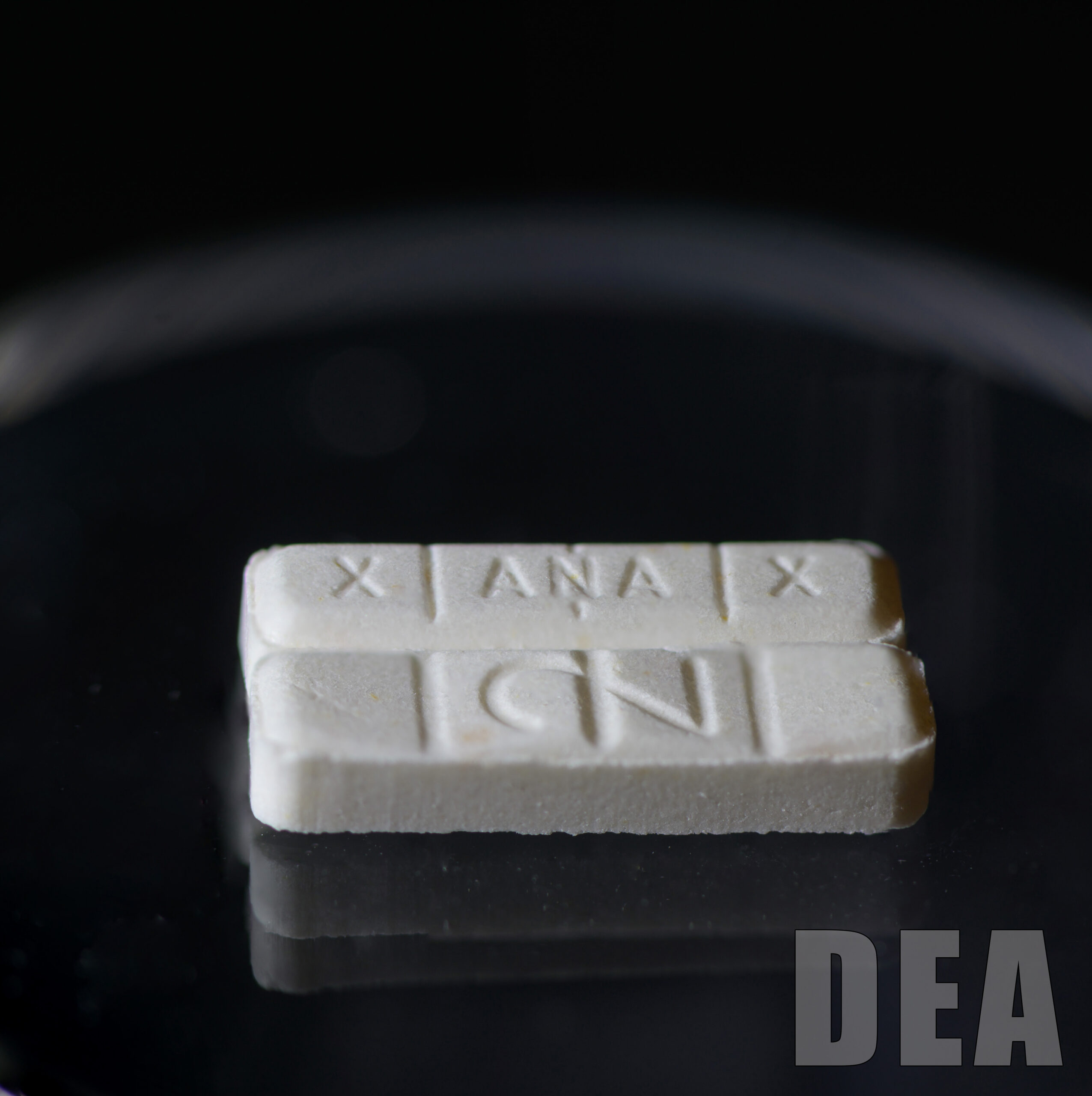Introduction
Drug dependence is a pressing issue that affects millions of individuals worldwide, profoundly impacting both personal lives and society at large. It refers to a condition where an individual develops a physical or psychological reliance on a substance, leading to compulsive use despite adverse consequences. The consequences of drug dependence are not confined to the individual; they ripple out, affecting families, communities, and societies as a whole. Understanding the intricacies of drug dependence is crucial in addressing this complex problem and finding effective solutions.
Understanding Drug Dependence
Definition of Drug Dependence
Drug dependence can be defined as a chronic, relapsing disorder characterized by an individual’s compulsive seeking, continued use, and inability to control the consumption of a substance, despite harmful consequences. Unlike occasional or recreational drug use, dependence involves a physiological and psychological need for the substance. It encompasses both physical dependence, where the body adapts to the drug and experiences withdrawal symptoms without it, and psychological dependence, where the mind craves the substance for its effects.
Distinguishing Drug Dependence from Drug Abuse
It’s essential to differentiate drug dependence from drug abuse. Drug abuse refers to the misuse or inappropriate use of substances, which can lead to significant impairments in one’s life, work, or relationships. However, not all drug abusers are necessarily drug-dependent. Dependency implies a higher degree of reliance, where the individual’s body and mind have adapted to the substance, making it difficult to quit without professional help.
Types of Substances
Drug dependence can manifest with various substances, including illicit drugs, alcohol, and even prescription medications. Illicit drugs such as cocaine, heroin, methamphetamine, and marijuana can lead to severe dependence issues. Alcohol dependence is also widespread and can have devastating effects on both physical and mental health. Additionally, prescription medications, especially opioids and benzodiazepines, are known to cause dependence when not taken as prescribed.
Understanding the diversity of substances that can lead to dependence is vital, as each substance has its unique effects on the body and mind. This knowledge is instrumental in designing targeted prevention, intervention, and treatment strategies for affected individuals.
Explore the Path to Recovery: Dive deep into the causes, symptoms, consequences, and treatments for drug dependence. Gain understanding and discover your pathway to recovery now.
Causes of Drug Dependence
Genetic Predisposition
Genetic factors can significantly influence an individual’s vulnerability to drug dependence. Certain genetic traits and variations can make some people more prone to addictive behaviors. These genetic predispositions can affect how a person’s brain responds to drugs and alcohol. Individuals with a family history of drug dependence are at a higher risk due to shared genetic factors. However, having a genetic predisposition does not guarantee someone will develop drug dependence; it only increases the likelihood under certain environmental conditions.
Environmental Factors
The environment in which a person grows up and lives plays a pivotal role in the development of drug dependence. Family dynamics, especially a lack of parental supervision and support, can contribute. Peer pressure during adolescence, where individuals may experiment with drugs to fit in, is a significant environmental factor. Socioeconomic status also matters; individuals from disadvantaged backgrounds might face increased stressors, making them more susceptible to drug use as a coping mechanism. Communities with limited access to education and employment opportunities may have higher rates of drug dependence due to limited resources and support systems.
Psychological Factors
Psychological factors, including stress, trauma, and mental health disorders, are often the underlying causes of drug dependence. Substance use can be a way for individuals to cope with stressful situations or past traumas. People with untreated mental health conditions such as depression, anxiety disorders, or post-traumatic stress disorder (PTSD) are at a higher risk of developing drug dependence, as they may self-medicate to alleviate their symptoms. Traumatic experiences, especially during childhood, can alter brain chemistry and increase vulnerability to addiction.
Symptoms of Drug Dependence
Physical Symptoms
Physical symptoms of drug dependence can vary widely based on the substance used. They may include changes in appetite, leading to significant weight loss or gain, disturbances in sleep patterns, and visible changes in physical appearance. For example, individuals using stimulants might exhibit excessive energy, dilated pupils, or rapid weight loss, whereas those using depressants might appear drowsy, with slowed movements and slurred speech.
Behavioral Symptoms
Behavioral signs of drug dependence often revolve around changes in daily routines and responsibilities. Individuals might neglect work, school, or family obligations. Social activities and hobbies that were once enjoyed may be abandoned in favor of drug use. Additionally, dependence can lead to engaging in risky behaviors, such as driving under the influence or participating in illegal activities to obtain drugs.
Psychological Symptoms
Psychological symptoms accompanying drug dependence are diverse and can significantly impact a person’s emotional well-being. Mood swings are common, with individuals experiencing extreme highs and lows. Anxiety and paranoia can become overwhelming, leading to social withdrawal and increased isolation. Persistent feelings of depression and hopelessness are also prevalent among those struggling with drug dependence. These psychological symptoms often exacerbate the cycle of drug use, making it difficult for individuals to break free from their dependence without professional help to support.
Take the First Step to Healing: Break free from the cycle of drug dependence. Our expert team understands the complexities of psychological symptoms and offers tailored treatments for emotional well-being.
Consequences of Drug Dependence
Health Consequences
Drug dependence can have severe repercussions on both physical and mental health. Physically, drug abuse can lead to a range of health issues, from cardiovascular problems to liver and kidney damage. One of the gravest risks is the potential for overdose, which can be fatal, especially with substances like opioids. Drug dependence can also weaken the immune system, making individuals more susceptible to infectious diseases, including HIV/AIDS and hepatitis, often transmitted through needle sharing among intravenous drug users. Mental health suffers too, with increased rates of anxiety, depression, and other mental disorders among those struggling with drug dependence.
Social Consequences
Socially, drug dependence can strain relationships to the breaking point. Trust between family members and friends often erodes as the person becomes more focused on obtaining and using drugs. Dependence frequently leads to social isolation, as individuals may withdraw from social activities and responsibilities. Employment opportunities dwindle, leading to financial instability, which further exacerbates social challenges. Moreover, the stigma associated with drug dependence can lead to social ostracization, making it even more challenging for individuals to seek help.
Seeking Help for Drug Dependence
Recognizing the Problem
Recognizing the signs of drug dependence is the first step toward recovery. Individuals and their loved ones should be vigilant about changes in behavior, appearance, and social interactions. Signs might include sudden weight loss, neglect of personal hygiene, erratic behavior, secrecy, and a noticeable decline in performance at work or school. Understanding these signs can prompt early intervention, increasing the chances of successful recovery.
Treatment Options
There are several effective treatment options for drug dependence:
Detoxification: Medically supervised detox helps individuals safely withdraw from drugs, managing withdrawal symptoms and preventing complications.
Therapy: Behavioral therapies like Cognitive-Behavioral Therapy (CBT) and contingency management can help individuals change destructive patterns of behavior and thought.
Medications: Certain medications can aid in reducing cravings and withdrawal symptoms, such as methadone and buprenorphine for opioid dependence or acamprosate for alcohol dependence.
Rehabilitation Programs: Inpatient and outpatient rehabilitation programs offer intensive therapy, counseling, and support in a structured environment, promoting long-term recovery.
Aftercare: Continued support through aftercare programs, counseling, and support groups is essential for maintaining sobriety and preventing relapse.
Recovery and Prevention
Recovery Process
Recovery from drug dependence is a journey that often involves several stages. The initial step is acknowledging the problem and seeking help, which can include medical detoxification, therapy, and counseling. During rehabilitation, individuals learn to cope in mechanisms, address underlying issues, and develop essential life skills.
Ongoing support and aftercare programs are crucial components of the recovery process. Support groups provide a sense of community, understanding, and accountability. Therapy continues to be valuable in addressing any lingering psychological issues. Additionally, aftercare programs, such as outpatient counseling and transitional housing, assist individuals in transitioning back into society, helping them maintain their newfound sobriety.
Family and social support play significant roles in the recovery process. Rebuilding relationships and trust, as well as having a stable environment, are key factors in preventing relapse. Patience and perseverance are essential as individuals work toward rebuilding their lives, careers, and social connections.
Prevention Strategies
Preventing drug dependence requires a multi-faceted approach:
- Education: Comprehensive drug education programs in schools and communities can inform individuals about the risks associated with drug use. Understanding the consequences of drug dependence can deter experimentation.
- Early Intervention: Identifying risk factors early, such as family history of addiction or mental health issues, allows for timely intervention. Early counseling and support can prevent the escalation of substance use.
- Community Support: Building supportive communities that provide alternatives to drug use, such as sports, arts, and vocational programs, can steer individuals away from substance abuse. Community centers and local initiatives play a vital role in creating a drug-free environment.
- Mental Health Support: Addressing mental health issues promptly and removing the stigma associated with seeking mental health treatment can prevent self-medication through drugs.
- Regulation and Policies: Strict regulations and policies related to the sale and distribution of drugs, including prescription medications, can limit accessibility and reduce the likelihood of abuse.
Conclusion
In conclusion, drug dependence is a complex issue that affects individuals and communities profoundly. Understanding the causes, symptoms, and consequences of drug dependence is vital for effective prevention and intervention. Awareness, education, and support are the cornerstones of addressing this problem. By providing information and fostering a supportive environment, society can help individuals struggling with drug dependence find the help they need.
It is crucial for everyone to recognize the signs of drug dependence and to encourage those affected to seek help without judgment. Recovery is possible with the right support and treatment. By working together to raise awareness, educate others, and offer support, we can create a society where individuals receive the assistance they require to overcome drug dependence, rebuild their lives, and contribute positively to their communities. If you or someone you know is struggling with drug dependence, do not hesitate to seek help—recovery is within reach with the appropriate support. Contact Us



